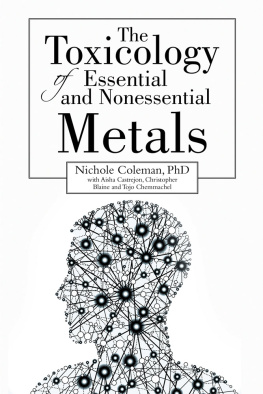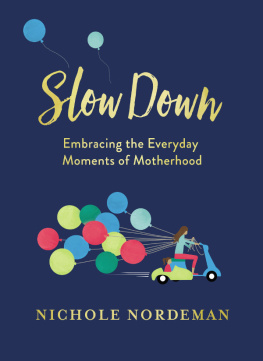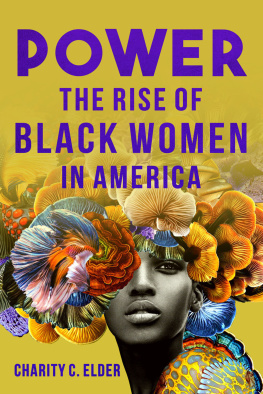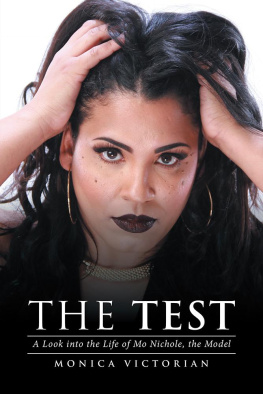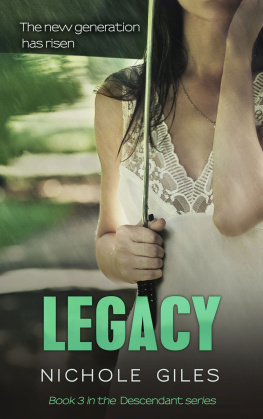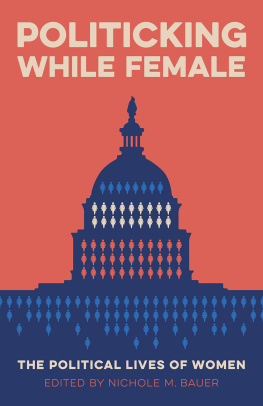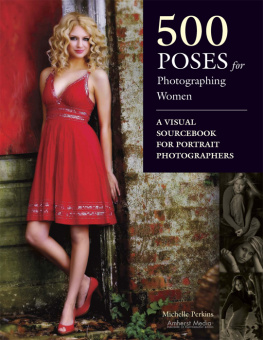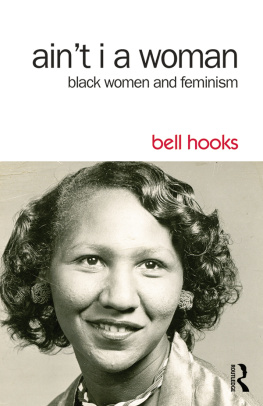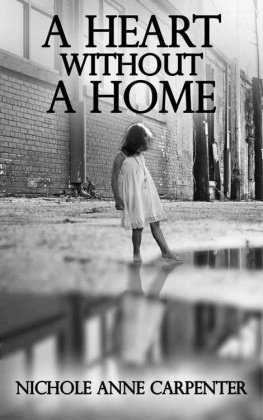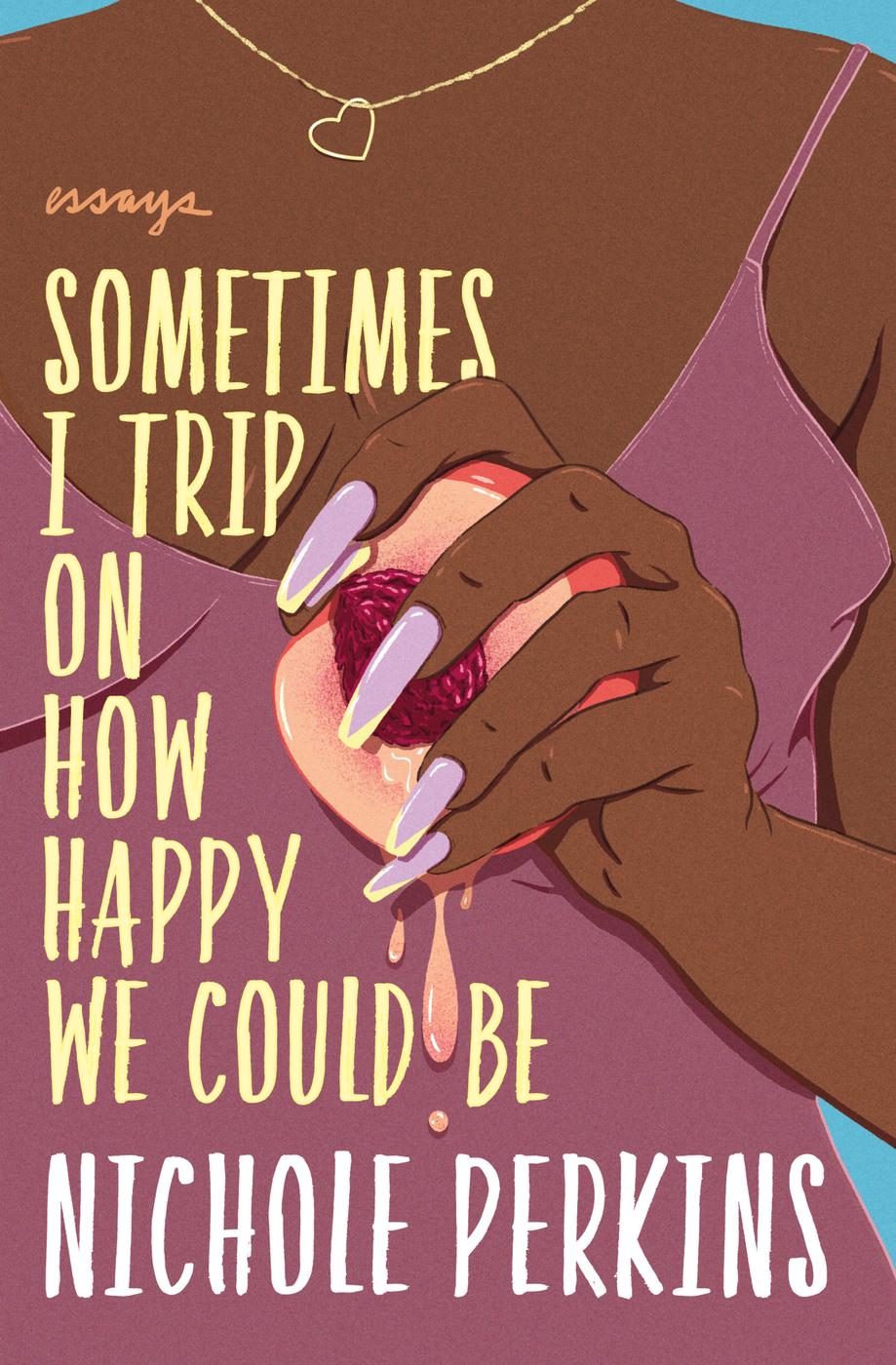
Some names and identifying details have been changed.
Copyright 2021 by Nichole Perkins
Reading group guide copyright 2021 by Nichole Perkins and Hachette Book Group, Inc.
Cover design by Elizabeth Connor. Cover illustration by Adriana Bellet.
Cover copyright 2021 by Hachette Book Group, Inc.
Hachette Book Group supports the right to free expression and the value of copyright. The purpose of copyright is to encourage writers and artists to produce the creative works that enrich our culture.
The scanning, uploading, and distribution of this book without permission is a theft of the authors intellectual property. If you would like permission to use material from the book (other than for review purposes), please contact permissions@hbgusa.com. Thank you for your support of the authors rights.
Grand Central Publishing
Hachette Book Group
1290 Avenue of the Americas, New York, NY 10104
grandcentralpublishing.com
twitter.com/grandcentralpub
First Edition: August 2021
Grand Central Publishing is a division of Hachette Book Group, Inc.
The Grand Central Publishing name and logo is a trademark of Hachette Book Group, Inc.
The publisher is not responsible for websites (or their content) that are not owned by the publisher.
The Hachette Speakers Bureau provides a wide range of authors for speaking events. To find out more, go to www.hachettespeakersbureau.com or call (866) 376-6591.
A previous version of Princes Girl was first published in Buzzfeed, February 8, 2015.
A previous version of The Life of a Succubus was first published in BuzzFeed, October 7, 2014.
Library of Congress Cataloging-in-Publication Data
Names: Perkins, Nichole, author.
Title: Sometimes I trip on how happy we could be : essays / Nichole Perkins.
Description: First edition. | New York : Grand Central Publishing, 2021. |
Summary: "Pop culture is the Pandora's Box of our lives. Racism, wealth, poverty, beauty, inclusion, exclusion, and hope -- all of these intractable and unavoidable features course through the media we consume. Examining pop culture's impact on her life, Nichole Perkins takes readers on a rollicking trip through the last twenty years of music, media and the internet from the perspective of one southern Black woman. She explores her experience with mental illness and how the TV series Frasier served as a crutch, how her role as mistress led her to certain internet message boards that prepared her for current day social media, and what it means to figure out desire and sexuality and Prince in a world where marriage is the only acceptable goal for women. Combining her sharp wit, stellar pop culture sensibility, and trademark spirited storytelling, Nichole boldly tackles the damage done to women, especially Black women, by society's failure to confront the myths and misogyny at its heart, and her efforts to stop the various cycles that limit confidence within herself. By using her own life and loves as a unique vantage point, Nichole humorously and powerfully illuminates how to take the best pop culture has to offer and discard the harmful bits, offering a mirror into our own lives"Provided by publisher.
Identifiers: LCCN 2021010633 | ISBN 9781538702741 (trade paperback) | ISBN 9781538702758 (ebook)
Subjects: LCSH: Perkins, Nichole. | African American authors--21st century--Biography. | African American women authors--21st century--Biography. | Podcasters--United States--Biography. | LCGFT: Essays.
Classification: LCC PS3616.E7465 Z46 2021 | DDC 810.9/896073--dc23
LC record available at https://lccn.loc.gov/2021010633
ISBNs: 978-1-5387-0274-1 (trade pbk.), 978-1-5387-0275-8 (ebook)
E3-20210708-NF-DA-COR
E3-20210512-NF-DA-ORI
To Willa F. Perkins and Fannie Mae Puckett
To Prince Rogers Nelson
Explore book giveaways, sneak peeks, deals, and more.
Tap here to learn more.

T he worst thing a little Black girl can be is fast. As soon as she learns her smile can bring special treatment, women shake their heads and warn the girls mother: Be careful. They caution the mothers of boys: Watch that one. When adult men hold her in their laps too long, its because she is a fast-ass little girl, using her wiles. Shes too grown. She tempts men and boys alikeEve, Jezebel, and Delilah all in onethe click of her beaded cornrows a sirens call.
Fast girls ruin lives.
Even as a girl whose pigtails unraveled from school-day play, I was fascinated with sex and romance and why boys looked up girls skirts and why people climbed between each others legs. Why did fathers kissing mothers on the back of their necks make them smile such a soft, secret smile? Why did boys stand so close to girls in the lunch line? Why did my sister sneak her boyfriend over, even when she knew Mama had forbidden it? Why did Mama tell my father, with her eyebrows raised, that the only book Id read from the Bible was Song of Solomon? Yet I knew not to say anything, because being a girl and talking about sex would mean that I was fast, that I was trouble, that Id end up with a baby before I finished school. I didnt want to be fast, but inevitably my experiences with sex and boys began early and I learned to keep them hidden away.
My memories of kindergarten are mostly fuzzy, but I remember eating green eggs and ham that my teacher used food coloring to dye, reading Sweet Pickles books, the boy who kissed every girl during nap time, and the two boys I kissed under the back porch.
The nap-time lover, an oak-brown boy made of angles, would wait until he was sure the teacher was gone, then make his rounds. He was a lousy kisser. Hed mash his mouth against ours, lips closed, twisting his head back and forth like the actors in the old black-and-white movies wed watch with our grandparents. Im not sure why he started kissing us, but we girls were supposed to keep our eyes closed and remain passive, even as giggles lifted our shoulders from thin foam mattresses. One day, he came around and I kept my eyes open. I wanted to know if he closed his.
He did not. We stared at each other until our faces softened into brown clouds; then he licked my mouth. Why did adults like doing this? It was too wet and smelled of peanut butter. To get revenge, I stuck my tongue into his mouth. Then we battled, our tongues bubbling saliva out of the corners of our sticky lips. Im not sure what the prize was, but he finally pulled away and laughed before moving to the next girl. Based on the rounds of Yuck! and Ew! that followed, he tried to slip other girls his tongue with varying success.
Over the next few days, he started bringing a handkerchief to wipe his mouth between girls. There were fewer exclamations of disgust. Im not sure if he stopped the wet kisses or if everyone became used to them. With me, his kisses began to taste like peppermint candy but remained sticky. We kept our eyes open. I put my hand on the back of his head once, like the women in those same old black-and-white films. He grunted softly, the sound you make when youre surprised nasty-looking food tastes good. His response scared me, but I liked it. At five years old, I already knew that if you liked what boys did too much, no one would like you. Girls called you names. Boys rubbed themselves against you while you waited for your turn on the monkey bars.
I never touched him with anything other than my mouth again.
I dont remember how he was caught, but the nap-time kisses stopped. I think I missed them. Taking the required nap became difficult, because I was tense, listening for the rustle that meant someone was moving from his blue-and-red mat.
Next page

